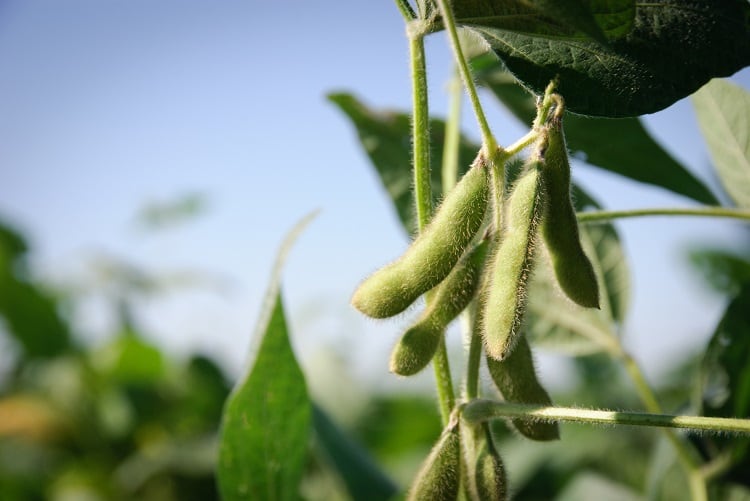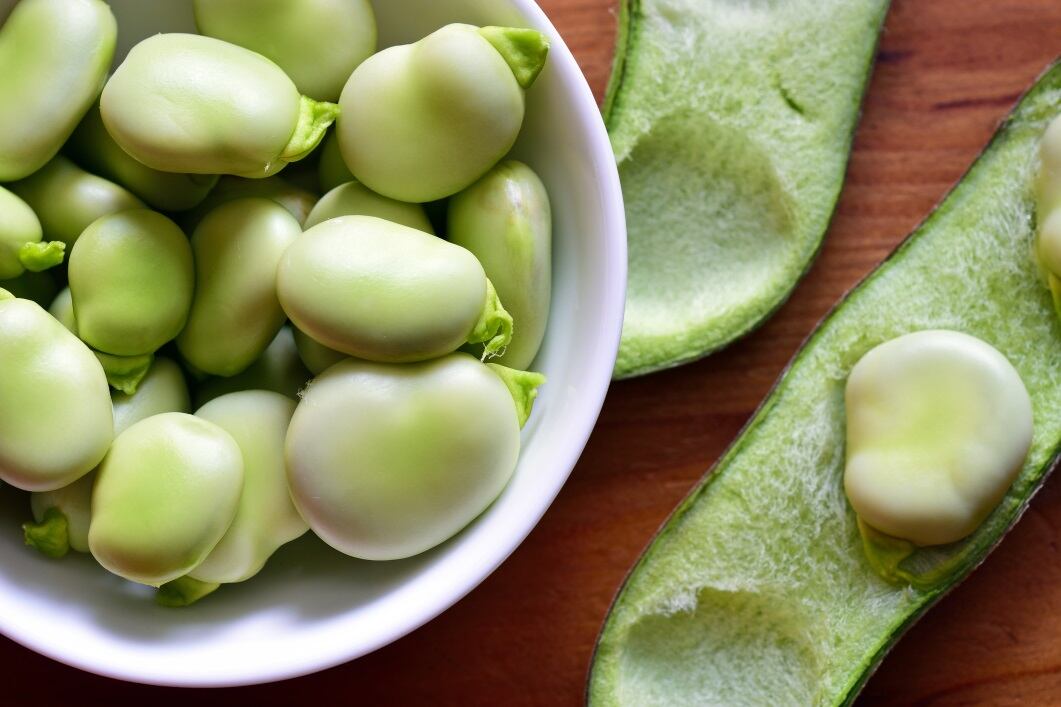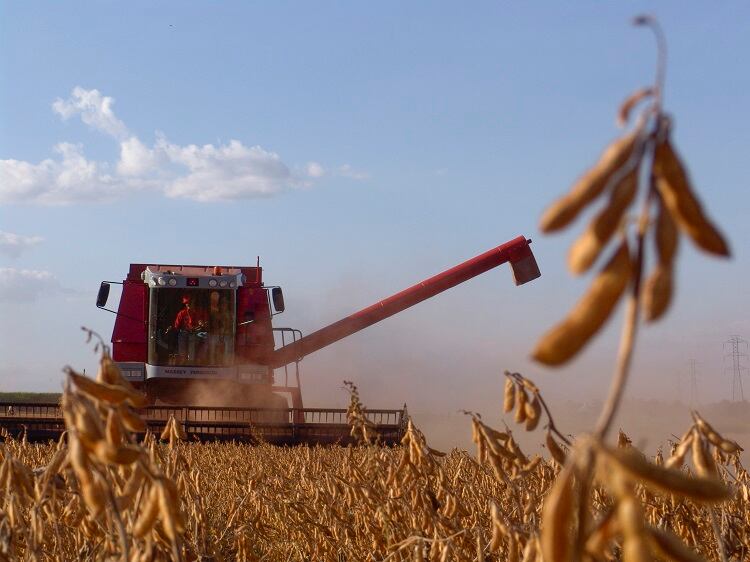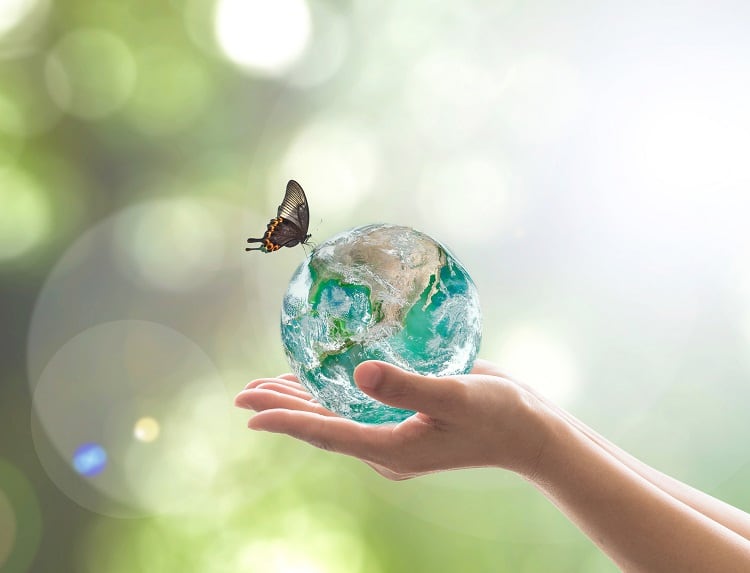The World Business Council for Sustainable Development’s (WBCSD) Soft Commodities Forum (SFC) has announced a new partnership with Solidaridad Brazil to engage with soy farmers in the Cerrado.
SFC is made up of soy majors ADM, Bunge, Cargill, COFCO International, Glencore Agriculture, and Louis Dreyfus Company (LDC).
According to the partnership, stakeholders will ‘engage directly’ with farmers in the region to ‘understand what they need’ and ‘improve soy production’ through efficient and sustainable land use.
For LDC, the partnership is one of firsts: the first collective engagement for SFC at landscape level in the Cerrado, and its first partnership with Solidaridad.
Based on the soy trader’s experience, farmers are interested in better market access and need to respond to the demand for sustainably produced soy. Yet their participation in Brazil’s sustainability schemes in the soy supply chain over the past 15 years has not been ‘as strong as it should be’.
“The partnership therefore aims to give a say to farmers about how to improve the sustainability of soy production,” An LDC spokesperson told this publication.
Focus on the Cerrado biome
The collaboration is concentrating on the Cerrado biome – an area made up of savannas and grasslands covering more than 20% of Brazil. The Cerrado is home to over 5% of global biodiversity, stores nearly 1.4bn tonnes of carbon and is crucial to preserving 40% of Brazil’s fresh water.
However, deforestation is a major concern in the Cerrado – where it is double that of the better-known Amazon rainforest. This is largely due to land conversion for cattle ranches and soy crops.
While the majority of soy is grown for animal feed, the legume is increasing in popularity as a source of plant-based protein for humans.
More than 50% of Brazil’s soy is grown in the Cerrado biome – which is where this new partnership aims to contribute to the protection of existing natural habitats.
Specifically, the SF and Solidaridad Brazil tie-up will initially focus on MATOPIBA, an area where three Brazilian states – Maranhão, Tocantins, Piauí, and Bahia – meet. MATOPIBA was chosen as the ‘first focus region’ because of concerns about the high rates of native vegetation conversion driven by agriculture in the region.
Putting farmers ‘at the centre’ to manage impact
The initial phase of the project will see 80 farmers from the area interviewed in order to assess current practices and understand key trends in land use dynamics.
“Key objectives are to collaborate with farmers and co-develop approaches which demonstrate the compatibility of profitable soy production with low-carbon and climate-smart practices,” noted the partnership.
In that way, farmers will be put ‘at the centre’ to manage impact on soy farming in Brazil’s environment.
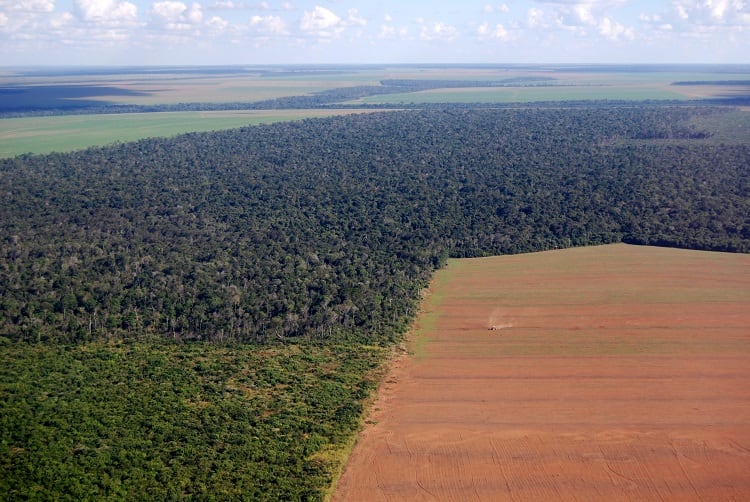
Interviews will take place over the ‘next few months’ in ‘accordance will all applicable COVID-19 health and safety measures’. The teams hope to communicate their findings from this initial phase by the end of the year, before working with key partners and stakeholder to co-develop action plans.
As LDC explained, SFC will provide ‘critical insights’ into the development of a producer engagement process, as well as provide financial and human resources to support the process.
“Once results from the first phase of producer engagement are elaborated, the SFC will participate in the development of joint action plans to support the sustainable production of soy in Bahia.
“Meanwhile, based on their extensive experience working on the ground, in Bahia, with producers, Solidaridad will take the lead in conducting virtual and field interviews with producers and run a comprehensive analysis of findings, which will inform the next steps of the collaboration and the development of action plans.”
Following up with ADM, the company’s Sustainability Manager Europe, Ana Yaluff, similarly stressed the importance of engaging with farmers on the ground.
“Engaging with farmers is crucial for increasing productivity, reducing the pressure to expand into ecologically sensitive areas, and raising awareness about sustainable agriculture,” she told this publication.
Ensuring farmers’ needs are heard
Joyce Brandão, Conservation and Agriculture Program Manager at Solidaridad Brazil, said she is looking forward to helping soy farmers make their needs known to the international community.
“Soy production and environmental conservation in the Cerrado can be achieved together, but farmers, as the ones working with the land, are the key partners.
“Our experience of working with producers to help grow soy production over available agricultural lands means we know there is the potential for even more sustainable practices. They give farmers greater profit potential and ensure the maximum survival of the Cerrado biome for future generations."


